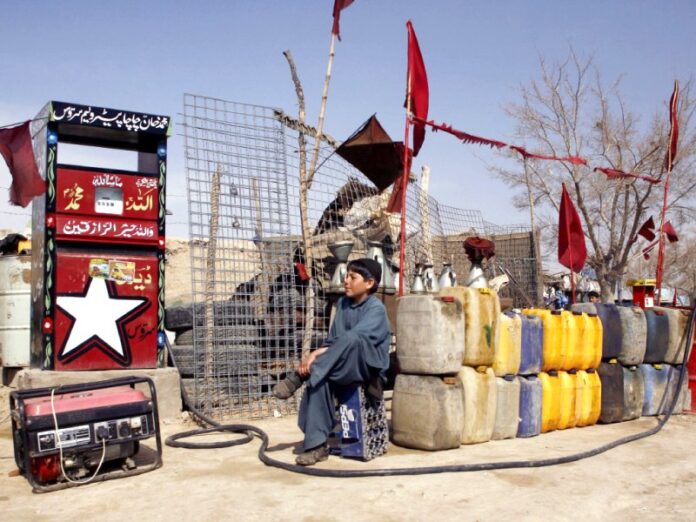The Oil and Gas Regulatory Authority (OGRA) has sanctioned the import of approximately 266,000 metric tonnes of high-speed diesel (HSD) to address a supply deficit as the agricultural season and anti-smuggling efforts drive up demand.
Stocks, which were reported as adequate by refineries earlier, have now depleted to cover only 19 days of national consumption, according to the latest data.
OGRA attributed the 21% surge in October HSD sales to the federal government’s intensified anti-smuggling campaign and the seasonal agricultural demand.
Since September, OGRA has been building stockpiles to counter expected supply strains due to scheduled maintenance shutdowns at Pak Arab Refinery Limited (PARCO), which accounts for nearly half of the country’s refinery production and will be offline for 40 days.
In a monthly product review meeting held on October 22, attended by CEOs and MDs of the oil industry along with officials from the Ministry of Petroleum, the decision to approve HSD imports was reached to mitigate anticipated shortages in November.
Despite the option to expedite Pakistan State Oil’s (PSO) December cargo to meet demand, OGRA approved the import to ensure sufficient HSD availability, sparking criticism from some refinery officials who claimed that OGRA bypassed a Special Investment Facilitation Council (SIFC) directive to prioritize local refineries and PSO for supply.
Refinery representatives argued that OGRA’s decision favored specific parties in allowing imports, despite PSO’s willingness to advance its shipment if necessary.
OGRA, however, maintained that its actions are in line with its mandate to uphold fuel supply stability, asserting that periodic imports are part of its strategy to counter deviations in stock projections.
The regulator’s approach underscores its commitment to national energy security by monitoring the oil supply chain and adjusting import volumes as market conditions dictate.
The strategic buffer has played a vital role in preventing supply disruptions, OGRA stated, adding that the imports will offset deficits and support the agricultural sector during a critical period.




